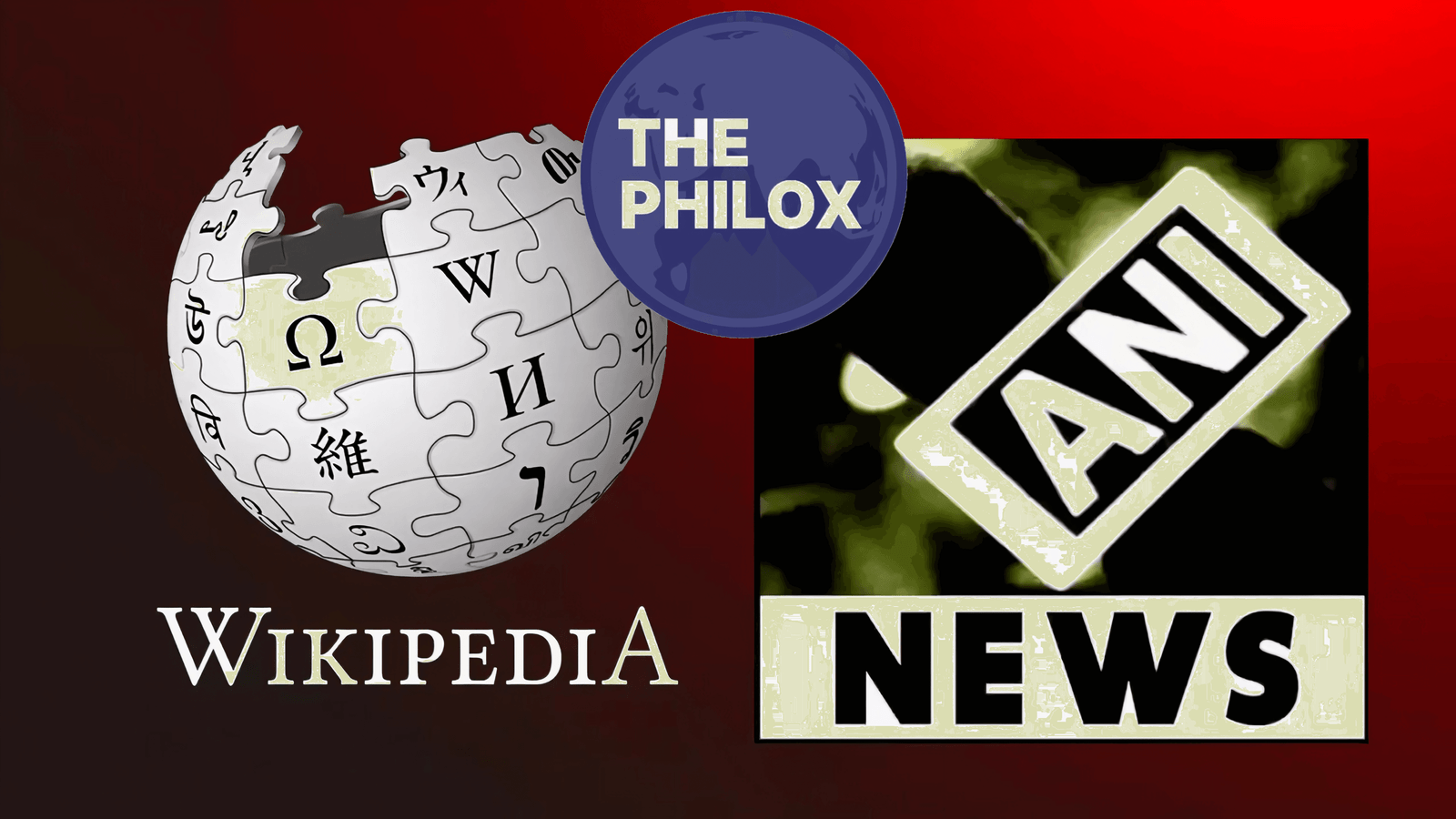Beginning in July 2024 when Asian News International (ANI) sued the Wikimedia Foundation—which runs Wikipedia—in the Delhi High Court for ₹2 crore defamation claims The argument revolves around claims on ANI’s Wikipedia page that the news agency says are defamatory and harm to its reputation.
The beginnings of the conflict: ANI’s defamation lawsuit
Content on its Wikipedia page claiming that the news agency serves as a propaganda tool for India’s central government led ANI to file legal action.
As a well-known South Asian news agency, ANI claimed that these remarks were untrue, misleading, and defamatory, therefore seriously compromising its reputation.
Citing claimed damage to ANI’s image and professional standing, the lawsuit requested ₹2 crore in damages.
ANI said in its petition that the defamatory material had caused readers and stakeholders to view things negatively and lead to financial losses. ANI further claimed that despite several requests, Wikipedia had neither moderated or eliminated these negative comments.
Intervention of Delhi High Court and Resistance of Wikipedia
On August 20, 2024, the situation drastically changed when the Delhi High Court compelled Wikipedia to reveal the names of the editors in charge of the contested changes. Originally opposing this rule, Wikipedia said it is dedicated to safeguarding user privacy and runs on an open-editing basis.
Overseeing Wikipedia, the Wikimedia Foundation cautioned that mandating the publication of editor identities may create a risky precedent for user privacy and free of expression.
Under increasing judicial pressure, Wikipedia followed the directive on October 28, 2024, turning in basic user data to the court sealed in an envelope.
Presiding over the matter, Justice Navin Chawla had earlier cautioned that should Wikipedia deviate from court orders, Wikipedia may experience blockage in India.
This warning sparked questions over possible internet censorship and the effect on free access to knowledge for the 780 million monthly visitors of Wikipedia in India.
The page on the ANI Lawsuit Removal sparks a fresh controversy.
Further fueling the debate, the Delhi High Court decided on October 16, 2024, to remove a Wikipedia page on the ANI lawsuit itself.
Critics of this decision claimed that it amounted to a kind of judicial overreach, therefore generating popular indignation and questions regarding free expression.
After the Wikimedia Foundation contested the removal order, on March 12, 2025 the Supreme Court of India scheduled a hearing.
Justices B.R. Gavai and K.V. Viswanathan questioned the Delhi High Court’s ruling at a follow-up hearing set for March 17, 2025.
They said it was “ironical” a news agency—which depends on press freedom—would try to censor material on a public platform such as Wikipedia.
Allegations of Financial Loss by ANI and Wikipedia’s Defense
As of March 19, 2025, ANI’s Wikipedia page still has remarks implying it “has been criticized for serving as a propaganda tool,” referencing sites such The Caravan and EU DisinfoLab despite the continuous legal struggle.
Strongly rejecting these assertions, ANI has called them part of a deliberate campaign meant to damage its standing.
ANI claimed in an internal note dated March 5, 2025 that financial losses totaling ₹15 crore had resulted from bad coverage of Wikipedia.
The news agency claimed that the continuation of these defamatory remarks directly affected public confidence and business contacts.
Conversely, the Wikimedia Foundation has often maintained that its volunteer-driven editorial approach respects free expression and neutrality, therefore supporting Internal Wikipedia data indicates that anonymous users made 78% of February 2025 changes to India-related pages.
Preserving editor anonymity, according to Wikimedia, is crucial to shielding contributors from political and legal fallout.
Legal supervision and challenges to digital freedom
The Delhi High Court has adopted a strong posture opposing Wikipedia’s resistance to follow legal requirements.
The court sent a contempt warning to the Wikimedia Foundation for non-compliance with its directives on September 5, 2024.
The court cautioned that ongoing disobedience would cause disruptions or perhaps a total shutdown of Wikipedia’s access in India.
Legal experts have expressed worries that the case would establish a standard for how Indian digital platforms are controlled.
They contend that strong tools for exposing anonymous donations could compromise free expression and stifle public opinion.
More General Consequences for Free Speech and Content Moderation
The ANI against. Wikimedia Foundation case emphasizes the larger conflict between national courts and international internet platforms about content moderation, privacy, and freedom of expression.
The case begs important issues regarding the balance between legal control and digital freedom as Indian courts get more engaged in controlling internet material.
Viewers speculate that the result of this case might affect next court battles concerning media outlets, user privacy, and government inspection of media platforms.
Should Wikipedia be held accountable for user-generated content, content regulations may tighten and censorship throughout the digital landscape may rise.
The legal confrontation is still under way as of yet, with ANI and the Wikimedia Foundation steadfast in their positions.
The case is under great observation because of its ability to change the digital terrain of India and challenge online free expression limits.




